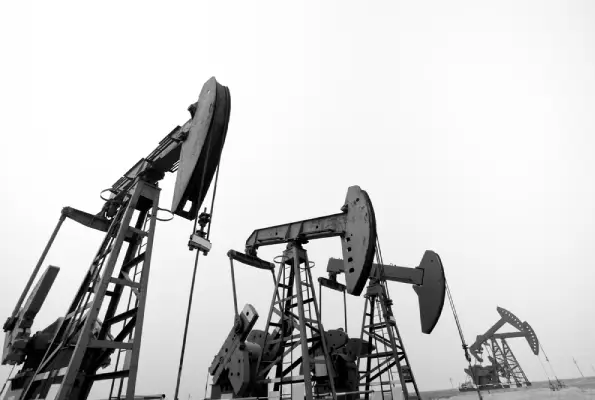In February 2024, Qatar’s industrial sector saw a 1.03% increase in the producer price index compared to the previous month.
However, data from the Planning and Statistics Authority shows that in relation to February 2023, the country’s PPI decreased by 8.6%.
The mining sector, which accounts for 82.46% of the index, played a significant role in the monthly growth. In particular, the PPI for mining and quarrying rose by 0.9%, driven by a 0.9% increase in the production of crude petroleum and natural gas.
Nevertheless, the mining PPI fell 9.18% year over year, mostly as a result of a 9.19% decline in natural gas and crude oil prices. February 2024 saw a 1.95% increase in the manufacturing sector over January.
Significant price increases were seen in refined petroleum products (3.58%), basic metals (3.3%), and rubber and plastics (9.16 %). However, when compared to February 2023, the manufacturing PPI as a whole showed a significant 7.12% decline. Chemicals and chemical products (10.45%) and basic metals (4.76%) were the main causes of this decline.
The data pertaining to the supply of electricity, gas, steam, and air conditioning showed a noteworthy increase of 0.46% from January to February. The sector saw a 9.9% growth in the previous year. In contrast, there was a 1.49% drop in the water supply from January 2024.
On the other hand, the industry showed a positive 3.72% growth year over year. These numbers highlight Qatar’s thriving industrial sector, which is being driven by growth in the mining and electricity sectors.
However, in February, the total value of goods exported, including both exported and reexported goods, came to about 28.2 billion Qatari Riyals (USD 7.74 billion). This number represented a decrease of 8.8% from January and 9.2% from February 2023.
On the other hand, February’s total goods imports were approximately 10.1 Billion Riyals, down 24.8% from January but up 24.6% from 2023’s equivalent month.
The news comes just a month after the publication of the International Monetary Fund (IMF) report, which stated that the Gulf nation’s economy was expected to continue normalising in the near term after receiving a boost in 2022 from hosting the FIFA World Cup.
The IMF also stated that the country had shown resilience to recent global shocks (including the Middle East conflict), with a favourable economic outlook. In the medium term, Qatar, known as one of the world’s leading exporters of liquefied natural gas (LNG), is projected to experience an average growth rate of 5.5%, driven by significant expansion in LNG production and the implementation of fiscal and other reforms.
Also, the IMF recommended the country maintain prudent macroeconomic policies and intensify reform efforts to enhance Qatar’s resilience to shocks and accelerate its economic transformation.
The global monetary body also suggested several measures to achieve the above goals, including the adoption of a value-added tax (VAT), reforms to stimulate private sector growth and labour market expansion, the gradual reduction of subsidies, and the decrease of the wage bill.



